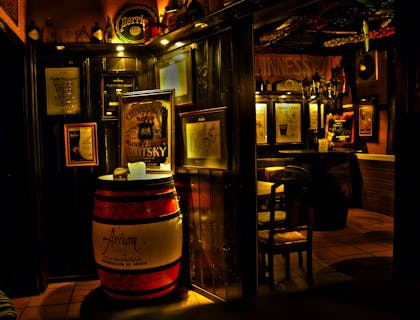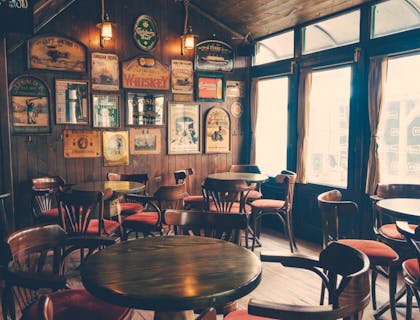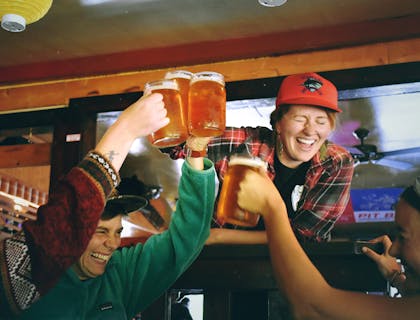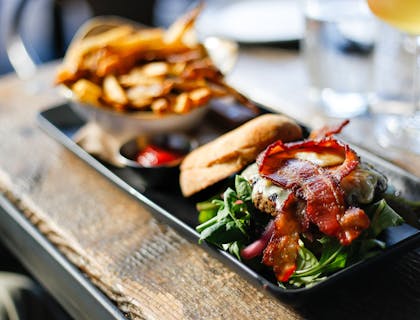
Enter words related to your business to get started.
How to Name a Pub:
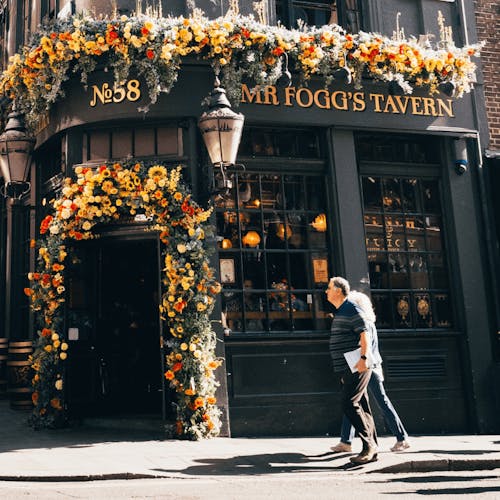
A step-by-step guide to coming up with a keg-splitting, head-turning, beer-frothing pub name.
Start a list.
Write down any ideas you already have.

You may already have some ideas for a pub name. If so, go ahead and write them down.
Highlight or star your favorites as you go.

This will make it easy to narrow down the list later, while letting you jot down all ideas that may spark something later on.
The words you add to the list don’t have to be fully formed pub names. They can be words or concepts related to the pub business that help you get to the final name.
Perform essential research before you name your pub.
Review your business plan.

If you’ve got a business plan for your pub, the research there should give you ideas for words, phrases, and concepts that fit your brand.
Talk to likely customers.

This is something you’ll want to do, no matter what, to learn more about the people you’ll be catering to. While you’re meeting with them, be sure to write down words, phrases, and concepts that they associate with pubs.
Look into how pubs were named in the past. Knowing how pubs were given names in the past could help you come up with a good name for yours. You might decide to follow traditions or to take a different path. Either way, it is a step in the right direction.
Review words specific to the pub business.
Think animal kingdom.
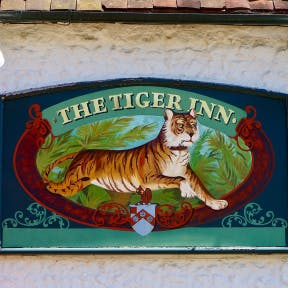
Animals have always played a major role in naming pubs, and they remain a good source for names now. Add the names of animals you love and respect, or maybe those indigenous to the region.
Consider coats of arms and family crests.
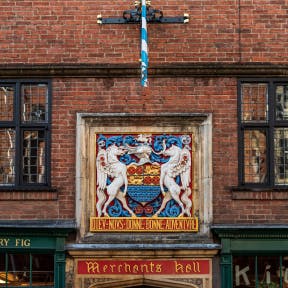
By naming individual symbols used in coats of arms and family crests, some very interesting names emerge. This has the added benefit of placing meaning behind the name.
Reflect on significant historical events.

Historical events are a great source of distinctive names. Look for significant events that took place in your region, and that mean something to you. You can comb through them for dates, prominent figures, weaponry, etc.
Be careful which event you choose. You don't want to alienate customers or cause offense.
Draw from books and movies.

Literature and film, with their characters and places, are excellent sources for pub names. Add these names of characters and places to your list.
Look at the pub building itself.
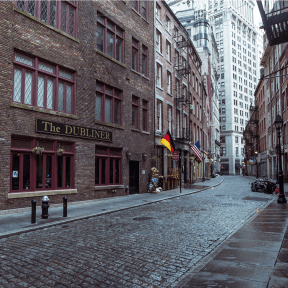
If you already have a location, look for distinctive features on the outside or inside of your pub. For example, "The Leaning Chimney," "Rotting Eaves," and "Hobbit's Hole."
Get ideas from your menu.
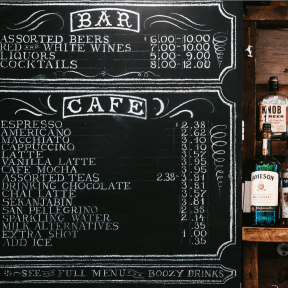
Your menu is a great source of ideas especially if you serve any specialty items. It can be something small. For example, "The Spicy Nut," "The Amber Ale Inn," or "The Porkbelly Tavern."
Brainstorm region-specific vocabulary.
Consider your street name if you’ve got a location.

A street name can help people find your pub, make naming easy, and connect it to a neighborhood or sense of place. For example, "22nd Street Tavern."
You'll want to be sure you'll be at this location for a long time. You don't want to call yourself "2nd St. Inn" if you have to move to 3rd St. a few years later.
Review local landmarks.

Local landmarks can be another great way to tie your pub business to its location. For example "Windmill Inn" or "The Frozen River Pub."
Create more name ideas from your list.
Combine words from the list.
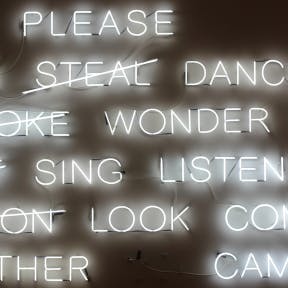
Try combining various words from your list to see if they form any interesting names.
Use a name generator.

NameSnack can help combine your ideas and make associations that you may not have thought of.
NameSnack's AI will prompt you to add different words. You can try adding them all, or go with smaller groups.
Write down any pub names you like.
NameSnack will also tell you if the domains are available. Check the ones that have domains off on your list.
Review and reflect.
Read through your list again.

See if there are any others that stand out, and mark them.
Set the list aside for a day or two.

Come back with fresh eyes and see which names stand out. Also, see which names you still remember. This may give you a clue as to which ones are most memorable.
Get feedback on your top pub business names.
See what potential customers think of the names.

See how your target audience reacts to different names.
Launch small social media campaigns using the different names and see which of them get the most engagement.
Test the names on friends and colleagues.

Read your names to friends and colleagues, and get their take on your pub names. Come back a day or two later and see which ones they still remember.
Score your favorites.

Give each of your favorites a score out of five for how it looks, a score out of five for how it sounds, a score out of five for how well it works as a name, and a score out of five for the imagery or emotions it evokes. The name with the highest score out of 20 wins.
Check availability.
See if the web domain name is available.
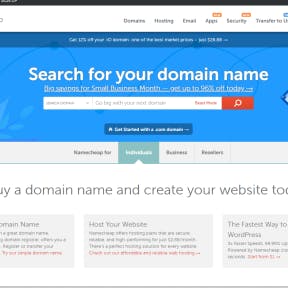
Use a site like Namecheap to see which of your top business name ideas have related URLs available.
See if the name is already in use in your state.

If the business name is already in use for a similar business in your state, it's likely you won't be able to use it.
Check the names on Google.

Google your favorite pub names to see if there are any other well-known pubs with the same name, or if there are some associations you hadn’t thought of.
Search the national trademark database.

Check to see whether any trademarks similar to your pub's name have been registered at the United States Patent and Trademark Office.
Get the name.
Buy the domain name.
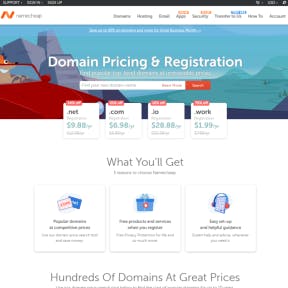
You can do this through sites like Namecheap.
Register the business name with the state.
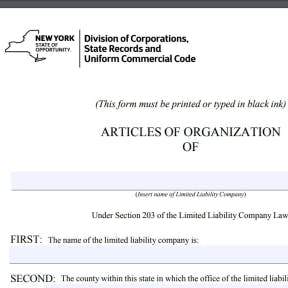
You'll need to register the name in your state once you've chosen it. In most states this is fast and easy, and can be done online.
Consider trademarking the name.
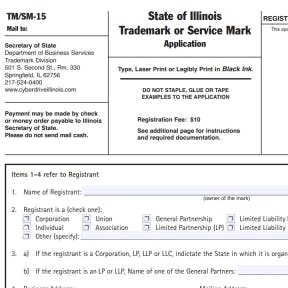
This offers additional protection from other businesses using your pub name.
Learn more about trademarking your business name.

